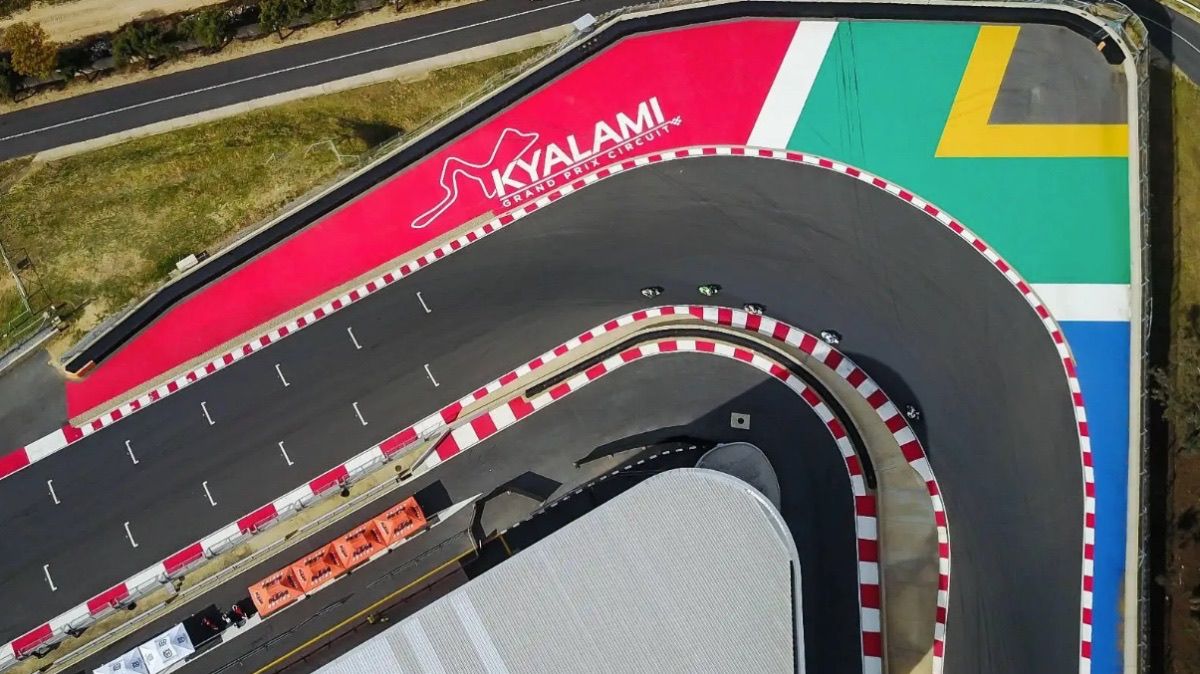Thousands of South African learners finish school each year without any computer skills. and it’s robbing them of their future, writesZukile Majova in Real Politics.
When I matriculated in 1999 at Zibokwana Senior Secondary School, my certificate listed English, IsiXhosa, Maths, Physical Science, Biology and Geography. But not a single computing skill.
Like many black learners, I got into university without knowing how to switch on a computer. At Durban University of Technology, we had to take a compulsory basic course just to learn Microsoft Word.
Meanwhile, white and Indian students skipped those classes. They already knew what they were doing.
Fast forward 26 years. My daughter Lwanda is now in matric at Mt Frere Community School. It still doesn’t offer Computer Applications Technology or Information Technology.
How is this possible in 2025?
Every year, more than 500,000 learners pass matric without touching a computer. They leave school digitally illiterate. They’re locked out of today’s job market and left behind in the race towards artificial intelligence and the digital economy.
The most popular subjects in South Africa’s high schools are English, Maths Literacy and Life Sciences.
But kids don’t choose them because they love them. They choose them because they have no other option.
Computer studies are not offered at most schools because the schools don’t have computers or internet access.
And now, instead of fixing the problem, we are picking fights over black economic empowerment policies that have not benefited ordinary people in the past 30 years.
Starlink, an American satellite internet provider owned by Elon Musk, wants to roll out free internet to thousands of rural schools. They’ve offered to install fully funded internet kits at over 5,000 schools, including support from local South African companies.
That’s a lifeline for millions of learners who don’t have data, don’t have Wi-Fi and don’t have a future in the digital world.
But our government is dragging its feet. Why? Because of the Broad-Based Black Economic Empowerment rules that demand a 30% local ownership stake.
That’s not a policy. It’s a shakedown.
Starlink has offered an alternative. Instead of handing over a piece of their global company, they’ve proposed an “equity equivalent” programme. That includes the school internet rollout and other local partnerships.
It’s a smart, generous offer. But still, the red tape continues.
I posted on Facebook saying it’s madness to expect a foreign investor to give away 30% of its business just to work here. The backlash was wild. Over 1,200 angry comments. Many said I was betraying black empowerment.
But let’s be honest. BEE has mostly helped a few politically connected elites. It’s not helping my daughter or the millions like her stuck in schools without computers.
Ryan Goodnight, a director at Starlink, wrote to Minister Parks Tau explaining the offer. He said: “Millions of children are being denied access to education resources because South African broadband networks do not extend to the most rural parts of the country. This is a problem we want to help solve.”
How is that not a win for South Africa?
It’s not just about school. Universal internet access can help fight crime. It can link rural police stations, support panic button systems, and keep kids safer from traffickers and predators.
It’s not just about global companies either. Local businesses like Scrolla Africa are also trying to give people access to digital news and education. We developed a DataLite version of our site to help over 400,000 users get around the high cost of data.
But millions are still locked out. Because they can’t afford data. Or they live where there’s no signal.
President Cyril Ramaphosa talks a lot about the Fourth Industrial Revolution. But there’s no revolution happening in our classrooms.
It’s time for action. Time to put politics aside.
Give every learner the tools to compete in the digital world. Give them computers. Give them the internet. Give them a future.
Pictured above: A learner using a computer at school.
Image source: Pexels













